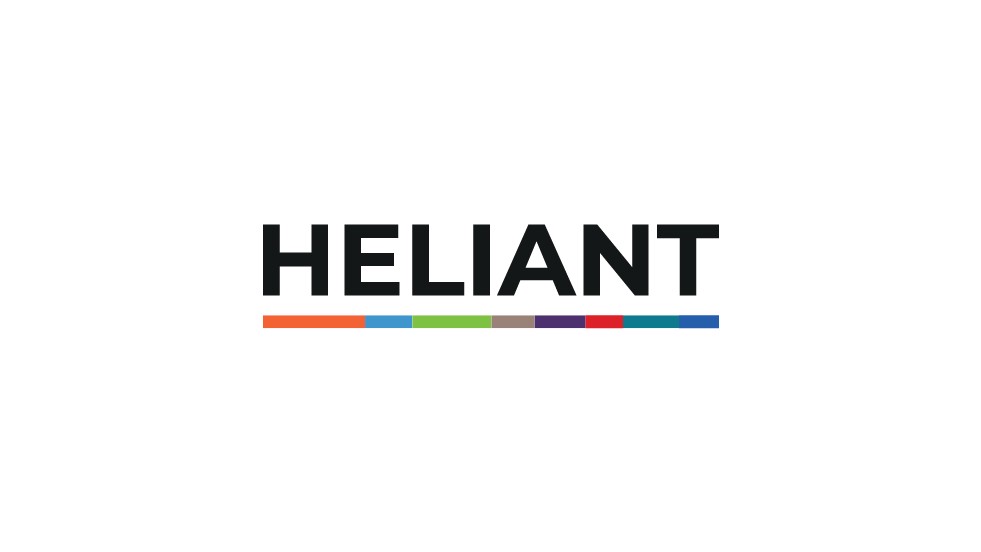The joint project of Takeda and Heliant “Telemedicine for inflammatory bowel diseases” (hereinafter referred to as: “IBD”) has been recognized by UNDP as an innovative project that contributes to decarbonization and a just green transition in Serbia. The project is supported by the Government of Japan and the Ministry of Health, the Ministry of Environmental Protection and the Ministry of Mining and Energy of the Republic of Serbia.
The United Nations Development Program in Serbia has recognized the Telemedicine project for inflammatory bowel diseases implemented in the Zvezdara Clinical and Hospital Centre as one of the innovative projects that would contribute to the reduction of greenhouse gas emissions in the coming period, as well as to a just green transition in Serbia.
Within the project, there will be a national expansion to 7 new healthcare facilities, and/or IBD centres: UCC Serbia, CHC Dragiša Mišović, CHC Bežanijska Kosa, IZZDOV Novi Sad, UCC Tiršova, as well as UCC Niš and UCC Kragujevac. A major focus in this expansion was on enabling telemedicine examinations for paediatric patients, therefore the inclusion of UCC Tiršova and IZZZDOV Novi Sad was one of the main goals in this phase.
It is important to note that Serbia is the first country in Europe to have launched telemedicine examinations in the state healthcare system and fully recognized by the National Health Insurance Fund, which created the conditions for the national application of telemedicine in the Republic of Serbia.
The benefit of this project is multiple and not limited only to the segment of decarbonization and just green transition:
- Patients do not lose out on the quality of the medical examination.
- Saving the time patients spend going to and from follow-up examinations. During the pilot project, it was determined that each patient spent an average of 2 hours and 27 minutes in travelling to examination. Further, patients did not have to be absent from work due to scheduled examinations.
- Patients are not exposed to long wait in hospital waiting rooms, and thus the possibility of transmitting infectious diseases is reduced, which is extremely important considering that these patients are patients who are at high risk.
- the case of paediatric patients, parents will not need to take time off from work to take their children to appointments.
- The National Health Insurance Fund (RFZO) saves funds for providing medical transportation and reimbursement of patient transportation costs, which directly saves funds from the state budget.
- The pressure on healthcare facilities, and/or on physicians and medical staff, is reduced with having less patients in waiting rooms.
- Advantages for the environment – the need for transportation is drastically reduced, fuel is saved, which is important for reducing the CO2 footprint. Based on the number of inspections performed in the previous two years in 8 facilities where the project will be implemented, it is estimated that CO2 emissions can be reduced by about 90 tons annually.
In addition to the institutions mentioned above, the project was supported by the following organizations: Japanese Business Alliance, UKUKS (Association for Crohn’s Disease and Ulcerative Colitis of Serbia), Association of IBD-ologists of Serbia (SIBDA).
